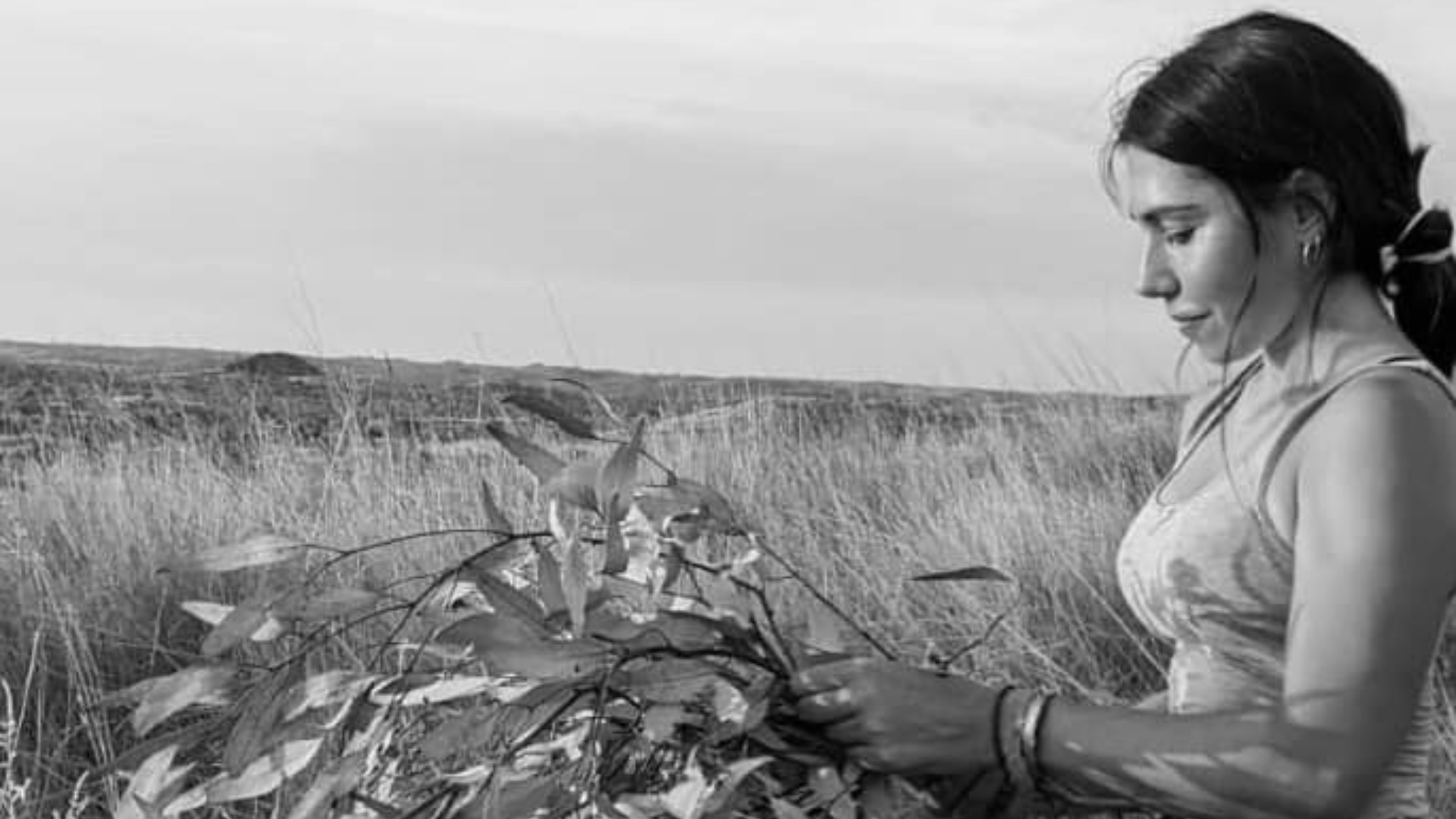By Mary Sinanidis
Eva Boleti, an up-and-coming figure in the study and teaching of the Greek language in Australia, pours over immigrant letters, diaries and recordings. Fascinated by the transformation in their mother tongue as they become acclimatised to the Australian way of life, she cannot help but draw inspiration from her own family’s journey.
“I was deeply influenced by my grandparents, Alek (Alexis) and Evanthia, who passed away a few years ago,” Eva tells The Greek Herald.
“Their travels to Australia and then back to Athens, made it easier for me to decide to leave Greece and go to other countries, like Spain, Belgium, Portugal and Vietnam, before coming to Sydney.”
Eva’s grandparents made a life for themselves in Bowral in the 1950s.
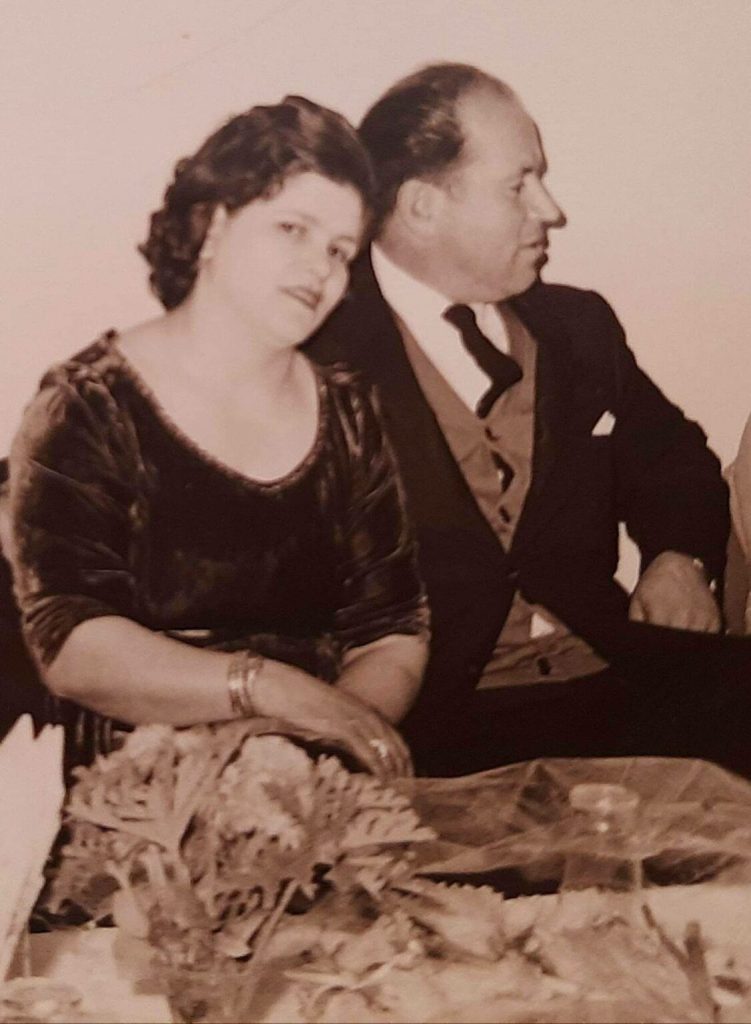
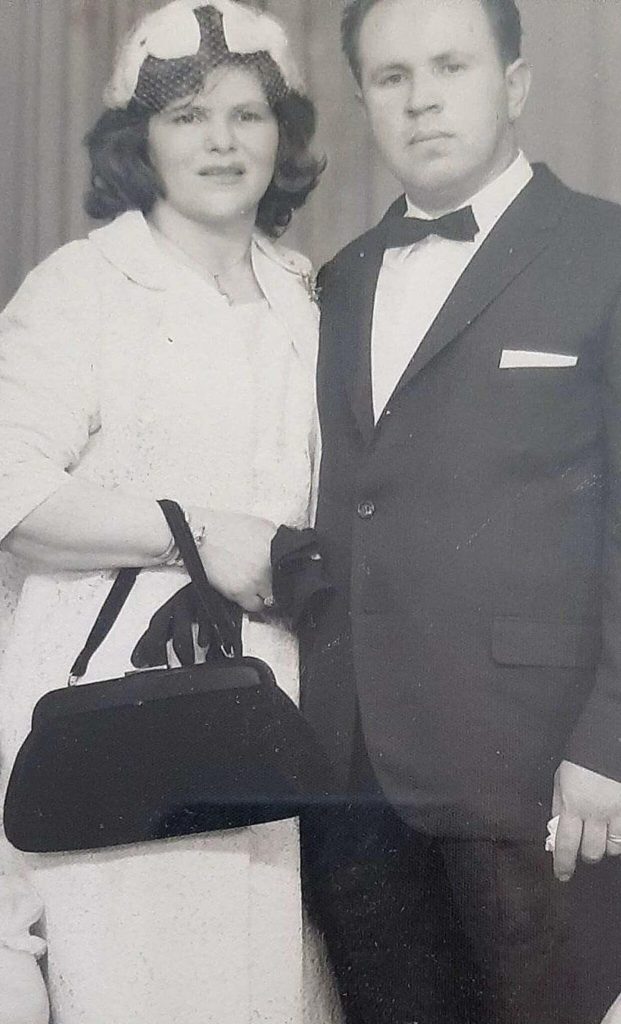
“There’s even a building named after my grandfather and his brother – the Syros Bros building. But, despite becoming quite established, my grandparents sold everything and returned to Greece with their daughters,” she says.
Her mother became an English teacher and Eva’s friends would comment that she had kept her Aussie accent, though her aunt had not. And there were the Anglicised words that crept into her family’s vocabulary, remnants of the migrant experience that laid the foundation of Eva’s curiosity and start of her linguistic journey.
Through her PhD research, she explores the interplay between language, culture and identity.
“I’m focusing on differences among the generations in relationship to home and the way they view nostalgia,” Eva explains, adding that her particular focus is on the third generation.
As part of another University of Sydney project, titled Opening the Multilingual Archive of Australia, Eva studies written documentation of migrants.
“To my big surprise, there were many educated Greeks who came here, not just poor people who escaped to Australia for a better life,” she says, pointing to the Metaxas collection of letters from the 1800s.
“Members of this family didn’t just come here to work but to enjoy travel and experience life in Australia, and, from their writing, you could tell they had a high socioeconomic background.”
In other writing, Eva points to the diary of young Fay Sklavos, who came to Australia with her parents.
“Her depictions are so vivid. Filled with youthful optimism, dreams and readiness to embrace change, she described the voyage. Her writing is descriptive with references to dolphins, and chattering families as they approach what she calls the ‘promised land’,” Eva says.
“After a 10-year gap, the same girl resumes writing in the diary. But time has diminished her language and spirit, and the youthful enthusiasm has given way to disappointment and bitterness. Books and writing were not a priority over the 10 years. If you don’t practice language, it leaves you.”
Eva says the writing shows how the immigration experience evolves, and language also changes. She notes our accents and words also inform our identities and connection with our culture.
“Even the 2nd generation, born and raised in Australia, have their own accents. You can tell from their speech that they are children of Greek immigrants,” she says.
“I feel very privileged to be able to experience what they experienced through their letters – reading about their hopes and aspirations. But I can also empathise through my own experience as someone who has left Greece. And all this also makes me feel closer to my grandparents.”
As a traveller, Eva finds a sense of ‘home’ through the writings of migrants.

“Heritage language serves as a dynamic link to our immigrant origins, encapsulating the resilience and diversity of our journey. Embracing it not only honours our past but also enriches our present, fostering a meaningful sense of belonging,” she says.
Beyond academia, Eva’s commitment to preserving and promoting the Greek language extends to her role as a high school teacher – including among Indigenous Australians.
“I’ve always wanted to experience living in a remote community from an anthropological interest while paying my respect to the first people of Australia,” Eva shares.
“Imagine my surprise when I went to remote Kununurra in far north Western Australia, east of the Kimberley, and surrounded by heat and red dust, I met with Indigenous Australians who ate what they had hunted, lived very remotely and yet their children still knew about Athens, and asked me about Giannis Antetokoumpo. They said he inspired them.”
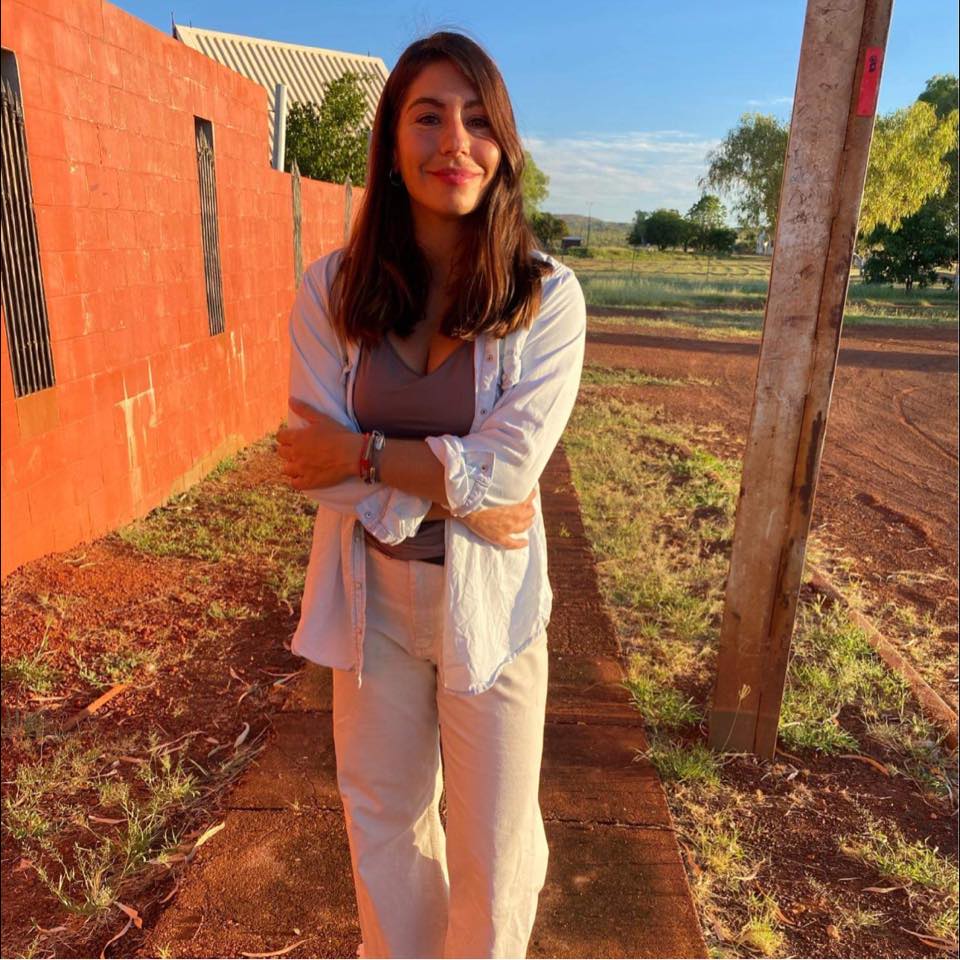
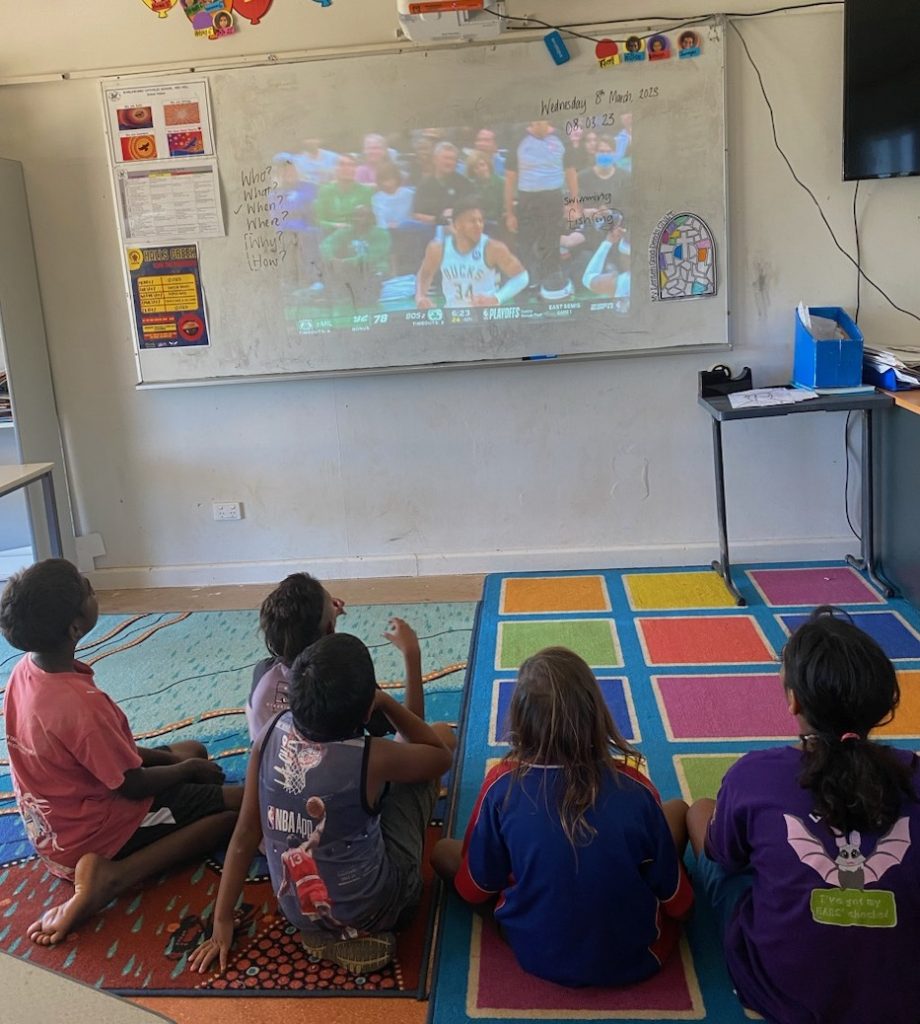
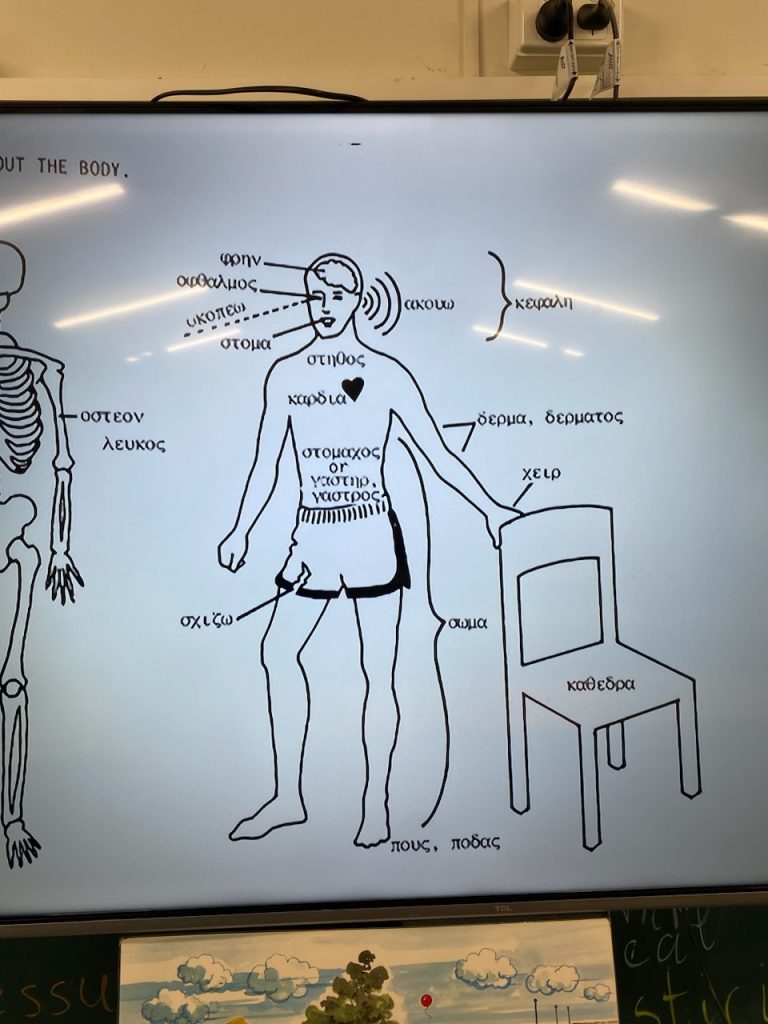
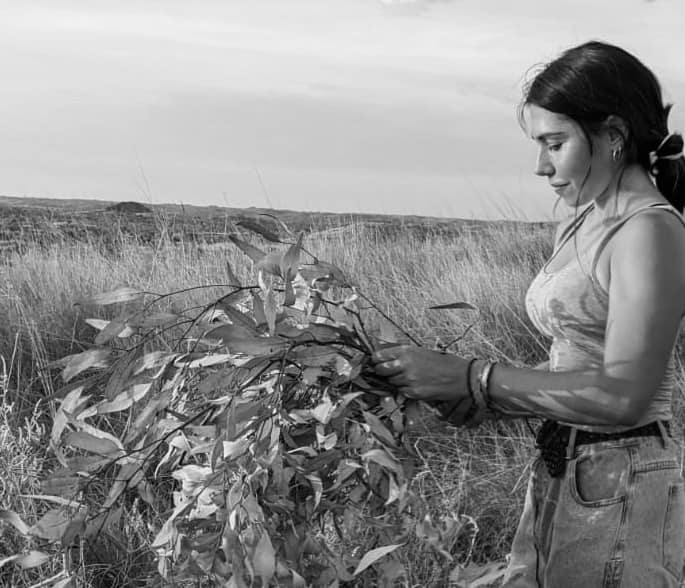
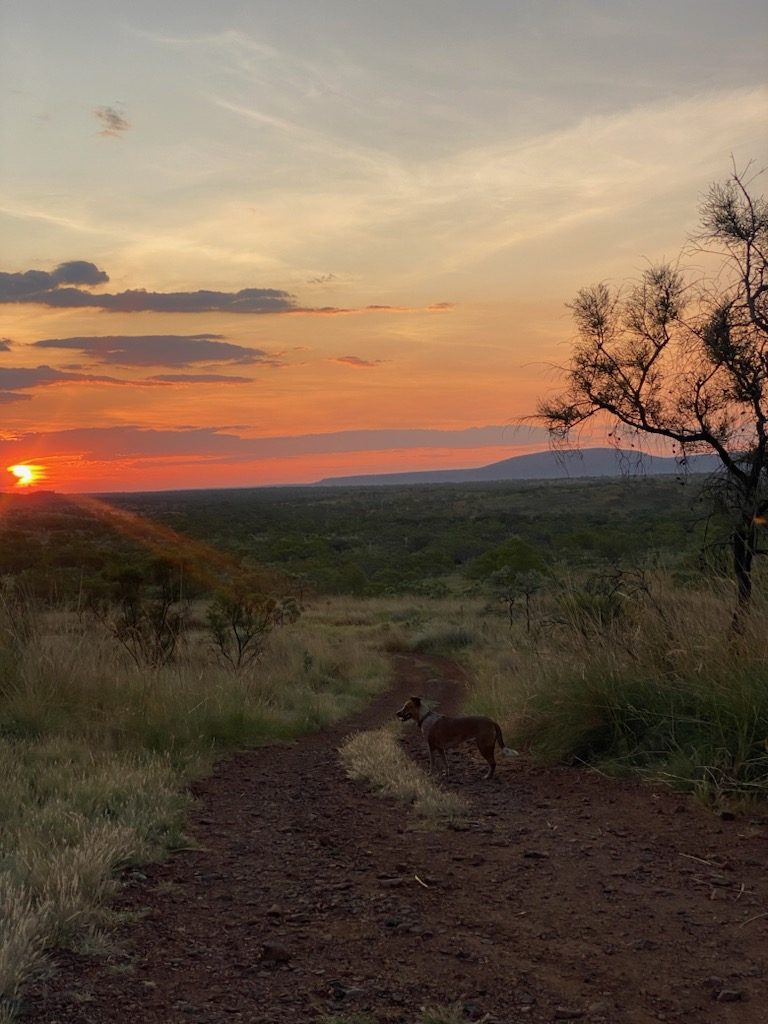
Eva says she was impressed by the parallels between Indigenous Australian lifestyles and Mediterranean living.
“Their slower pace of life, connection with their families, resilience, and just being present in the moment was very similar,” she says.
As the Indigenous children had fun learning to write their names using Greek characters, Eva saw in practice the transformative power of language in bridging diverse communities.
“It enriched my own Australian experience,” Eva says.
Back in Sydney, she remains dedicated to unravelling the intricacies of language, culture, and identity.
“Understanding a language brings you close to your cultural roots. It shapes our sense of belonging and heritage in an ever-evolving diaspora,” Eva concludes.
Eva will be in Melbourne on March 14 to give a lecture titled, “Biculturalism, acculturation, and the Greek women of the diaspora” as part of the 2024 Greek History and Culture Seminars at the Greek Centre (168 Lonsdale Street, Melbourne).

